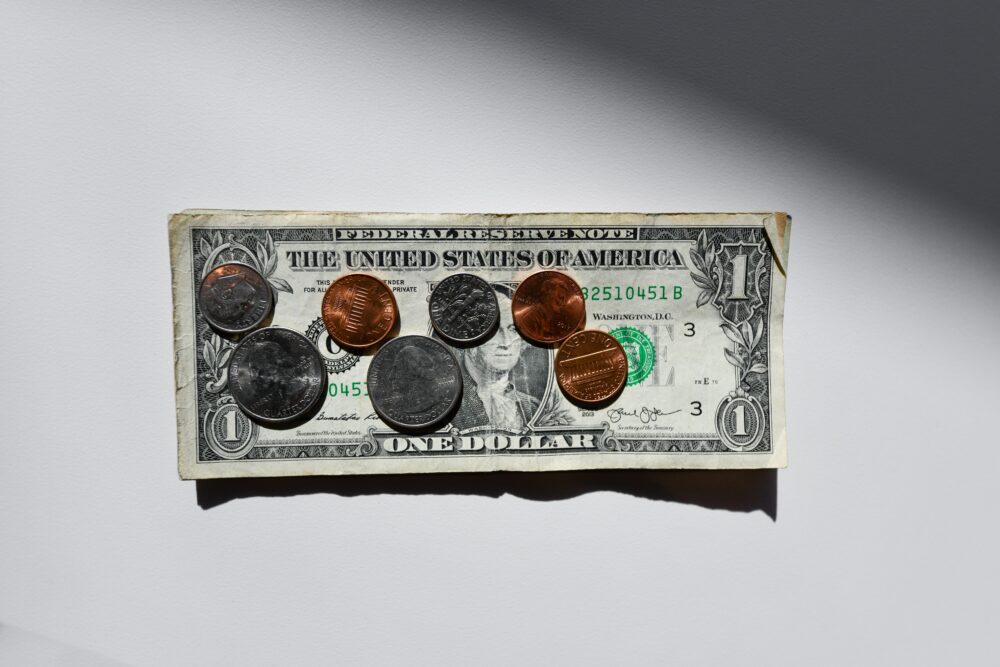
When it comes to child support some guidelines are fairly universal, while others are specific to Hawaii.
Here are some rules of thumb that you should know about child support in the Aloha state, whether you are the paying parent or the recipient.
- As is generally the case across the country, the Hawaii law mandates that parents be financially responsible for their children. As a result, a family court can order a parent to pay child support if their child does not live with them.
- Hawaii uses a child guidelines worksheet to determine the default amount for how much child support you will pay or receive. Child support should not exceed the reasonable needs of the child.
- The child support amount can be modified due to a “material change in circumstances,” such as a job loss, or if the paying parent contests the child support amount and the court agrees with their request.
- In Hawaii, if a child is in college, the court can mandate that the paying parent pay child support up until 23-years-of-age. If the child has special needs that require that they receive extra care, the court can require child support even beyond 23.
- In the Aloha State, parents can go through either the state’s Family Court or the state’s Child Support Enforcement Agency (CSEA) for child support decisions. CSEA is usually quicker and won’t require an attorney. Family Court is useful if multiple issues require resolution, such as alimony and child support.
- Child support is not taxable to the parent receiving it.
Seth Harris, a senior associate at the PMK family law division, is available to assist you with child support and all of your family law needs. For more information, go to www.hawaiilegal.com/practice-areas/family-law-2/.

